We caught up with the brilliant and insightful Layla Shaikley a few weeks ago and have shared our conversation below.
Layla, we’re so excited for our community to get to know you and learn from your journey and the wisdom you’ve acquired over time. Let’s kick things off with a discussion on self-confidence and self-esteem. How did you develop yours?
When my 4-year-old recently told me, “Mama, someone said my teeth look big,” my first instinct was to reassure him that being different is okay. I started to say, “We are all made differently and—” but stopped myself.
“That’s an interesting observation,” I said instead. “Why do you think he cared so much about the size of your teeth?”
My son stared at me, puzzled. I continued, “He must really think about his own teeth a lot if he’s so concerned with yours. But in the end, only one thing matters when it comes to your teeth — and it isn’t anyone’s opinion. It’s that you brush them, right?”
He nodded.
“Well, that’s great. Different things matter to different people. What matters to you?”
As I spoke, I remembered myself at twelve, hearing that I had “big hands” or a “big nose.” Strange comments — not outright insults, but odd enough to make me second-guess my own features.
We inherit our sense of self and emotional regulation abilities from our parents. I’ve written about emotional intelligence as a kind of silent generational wealth.
I grew up in a home that was psychologically safe. And I’m not talking about basic parental expectations like avoiding physical or verbal abuse. Those things certainly didn’t exist in my household. I grew up in an emotionally regulated home.
I wasn’t yelled at for mistakes. I wasn’t reprimanded for being too loud, too wild, or too talkative. Certainly not for my looks. Not for how I ate, what I hated, spilling food, making a mess, doing something wrong, or taking too long to figure something out.
Even when I was ill-tempered toward my parents, they never responded with vitriol, anger, or disgust. They might communicate that my behavior was ineffective. But they never responded to my dysregulation with more dysregulation.
The outcome? I was able to reflect when I did something wrong. And I did. I felt the pain of my behavior, unclouded by the rage I might have triggered in a parent’s reaction to me. I had to sit with myself.
And I believe the psychological wealth my parents surrounded me with forms the foundation of my self-esteem, confidence, and lack of imposter syndrome.
While my home was carefully protected, I made the brave choice to wear hijab at a young age, even through the post-9/11 period. The decision to cover was, in a way, an opt-out from seeking public approval. My identity as a Muslim, which I chose to make visible, led to an unfounded PR battle. We found ourselves constantly reassuring the general public that we weren’t violent, at a time when legislation like the Patriot Act codified just the opposite. “With us or against us” rhetoric from the White House otherized my identity as a Muslim. The choice to wear hijab gave me the advantage of not seeking public approval.
This disinterest in public approval, combined with my strong sense of self, allowed me to explore my interests unabashedly, to develop competence without fearing people’s opinions, and to cope with fear. There’s a deeply held misbelief that resilient and brave people don’t feel fear. They do. They cope with it. They don’t let feelings get in the way of plans.
My IDGAF attitude toward fear led me to apply for an internship at NASA I wasn’t qualified for—and to get it. It led me to walk into a program director’s office at MIT, convince him I should be accepted, and then get accepted. It led me to start a software company in last-mile logistics, Wise Systems (www.wisesystems.com), it’s what has given me the confidence to share operational insights through my newsletter (https://laylool.substack.com/) and to an audience of over 240,000 online (https://www.instagram.com/laylool). And it is why I feel the authority to do keynotes and talks to employee resource groups on how to tackle imposter syndrome and how to achieve operational excellence. (https://www.laylashaikley.com/speaking)
In short: This attitude set the trajectory of my life. It made it okay when I was rejected from the TED Residency. When I was rejected from Forbes 30 Under 30. When I was rejected by 50 architecture firms in Los Angeles that I cold-called or walked into with a portfolio seeking employment.
A hidden source of generational wealth is psychological. Kids born to emotionally regulated parents are often gifted with emotional regulation. Many of my most successful (and often privileged) colleagues are content people. Nearly all the founders I know also have a content baseline. I don’t think that’s a coincidence.
As a parent, I think often about how to positively impact my children’s emotional baseline and how to build resilience and ability to trust themselves.
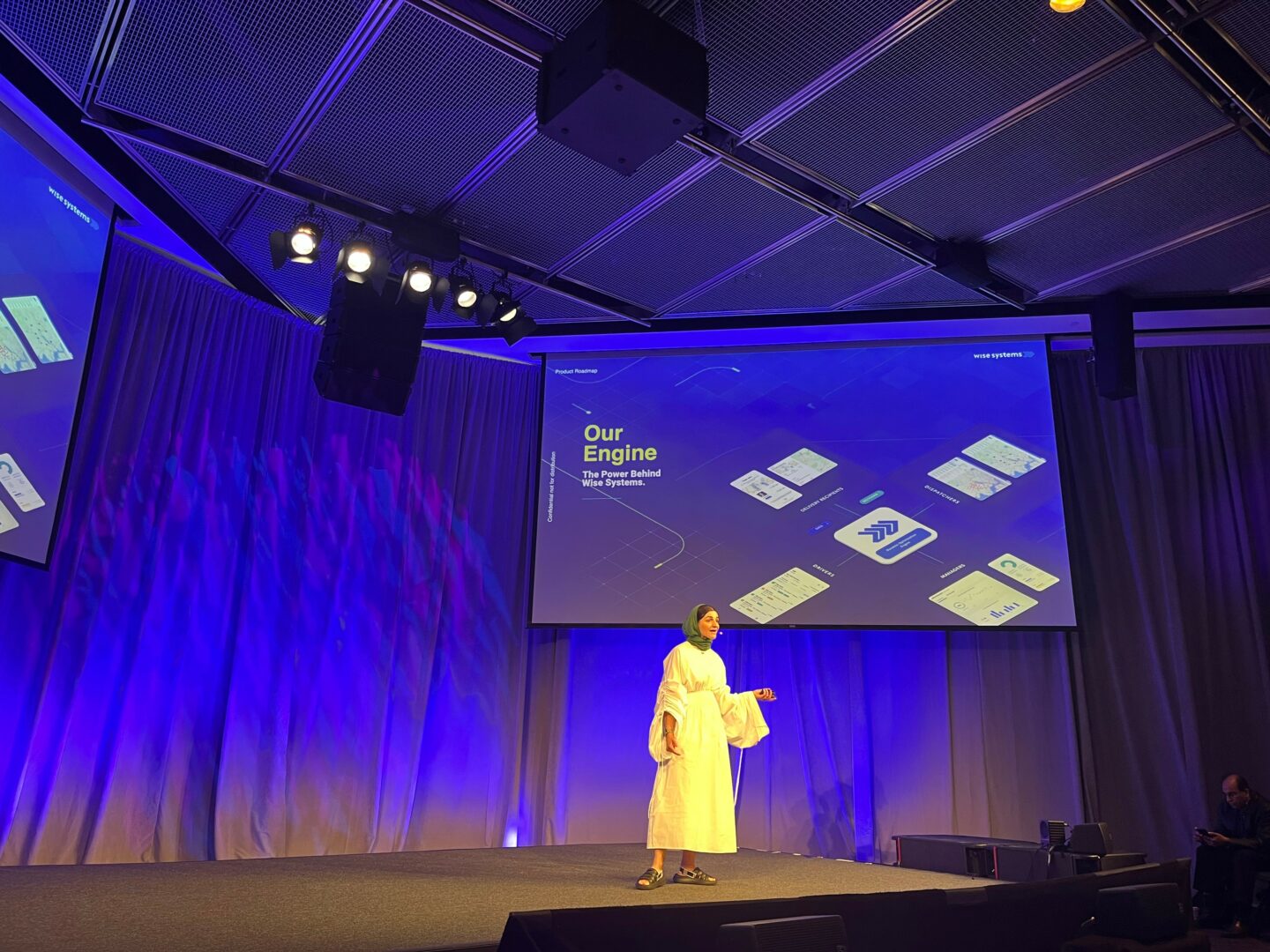
Great, so let’s take a few minutes and cover your story. What should folks know about you and what you do?
Outside of building and scaling my company, Wise Systems, I am focused on scaling my learnings. My audience tends to be minorities and women, which are the communities that get shortchanged on the road to leadership.
I share my experiences online to fast-track the path for others.
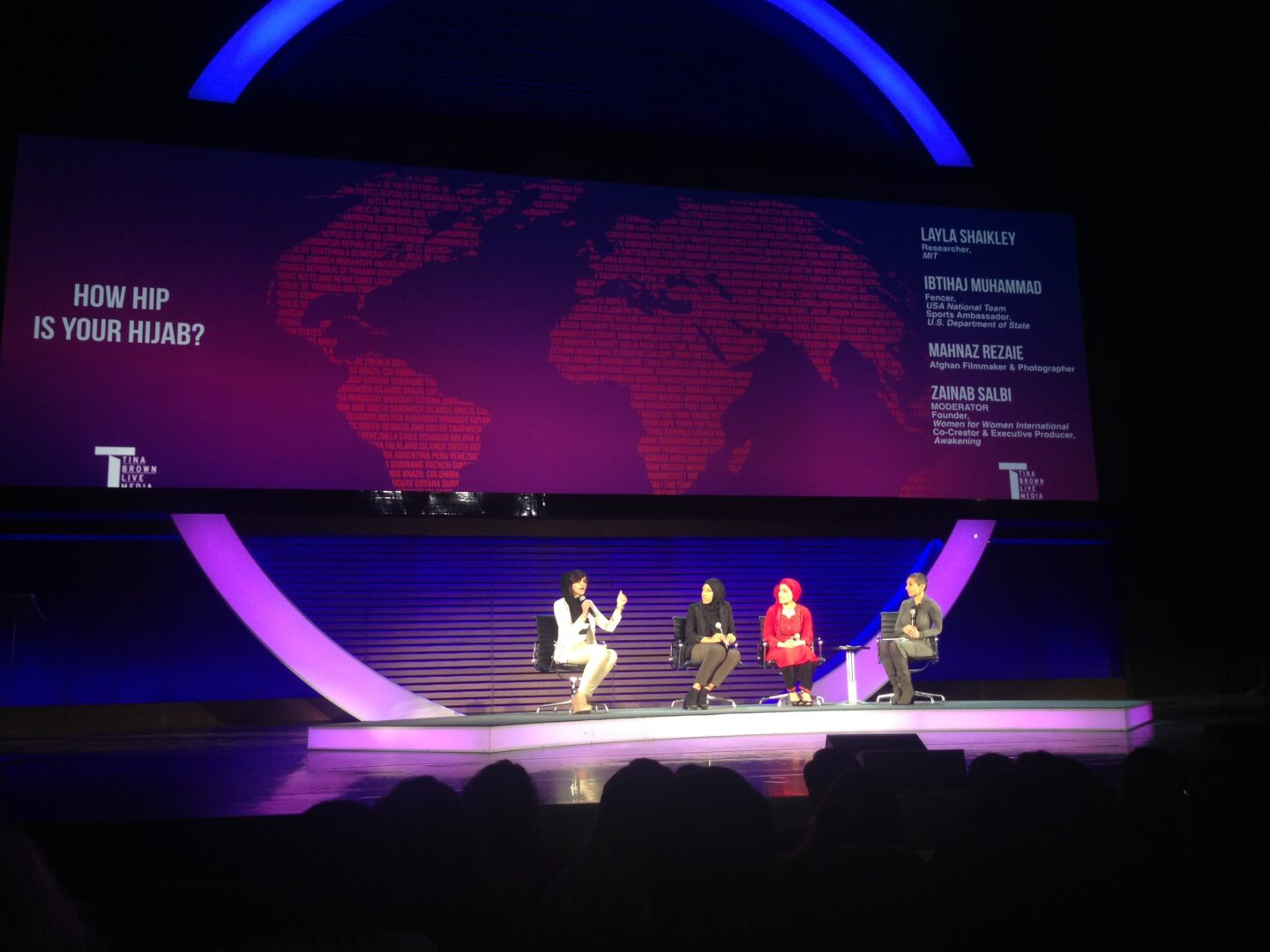
There is so much advice out there about all the different skills and qualities folks need to develop in order to succeed in today’s highly competitive environment and often it can feel overwhelming. So, if we had to break it down to just the three that matter most, which three skills or qualities would you focus on?
1. Being extremely curious
2. Being extremely coachable
3. Reading anything and everything that I can
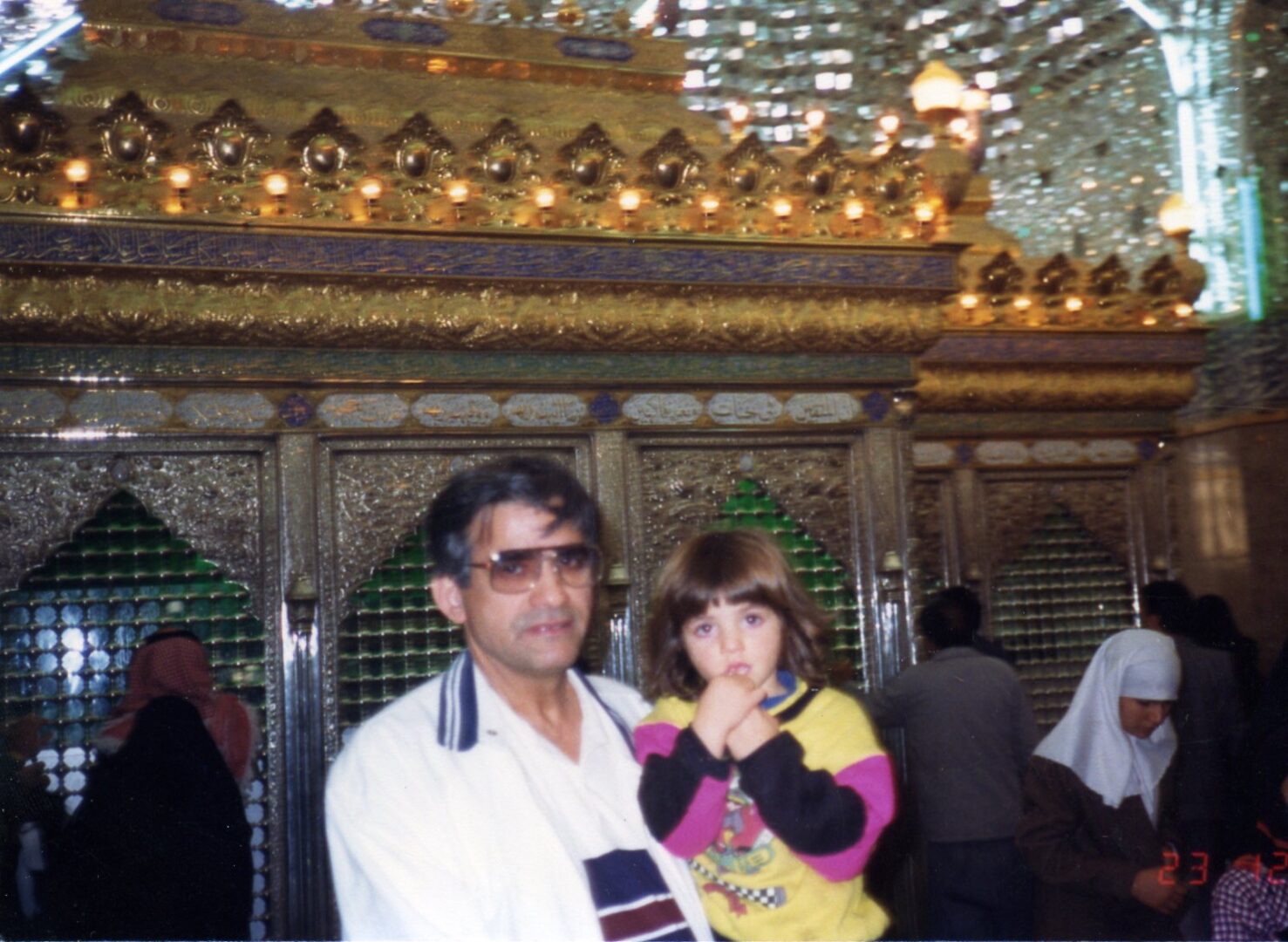
What was the most impactful thing your parents did for you?
They were emotionally regulated, patient, and shame never existed in our household.
Contact Info:
- Website: https://www.laylashaikley.com
- Instagram: https://www.instagram.com/laylool
- Facebook: https://www.facebook.com/profile.php?id=61568322553568
- Linkedin: https://www.linkedin.com/in/lshaikley/
- Twitter: https://x.com/laylool?lang=en
- Youtube: https://youtube.com/laylool
- Other: https://www.tiktok.com/@laylool?lang=en
https://laylool.substack.com/
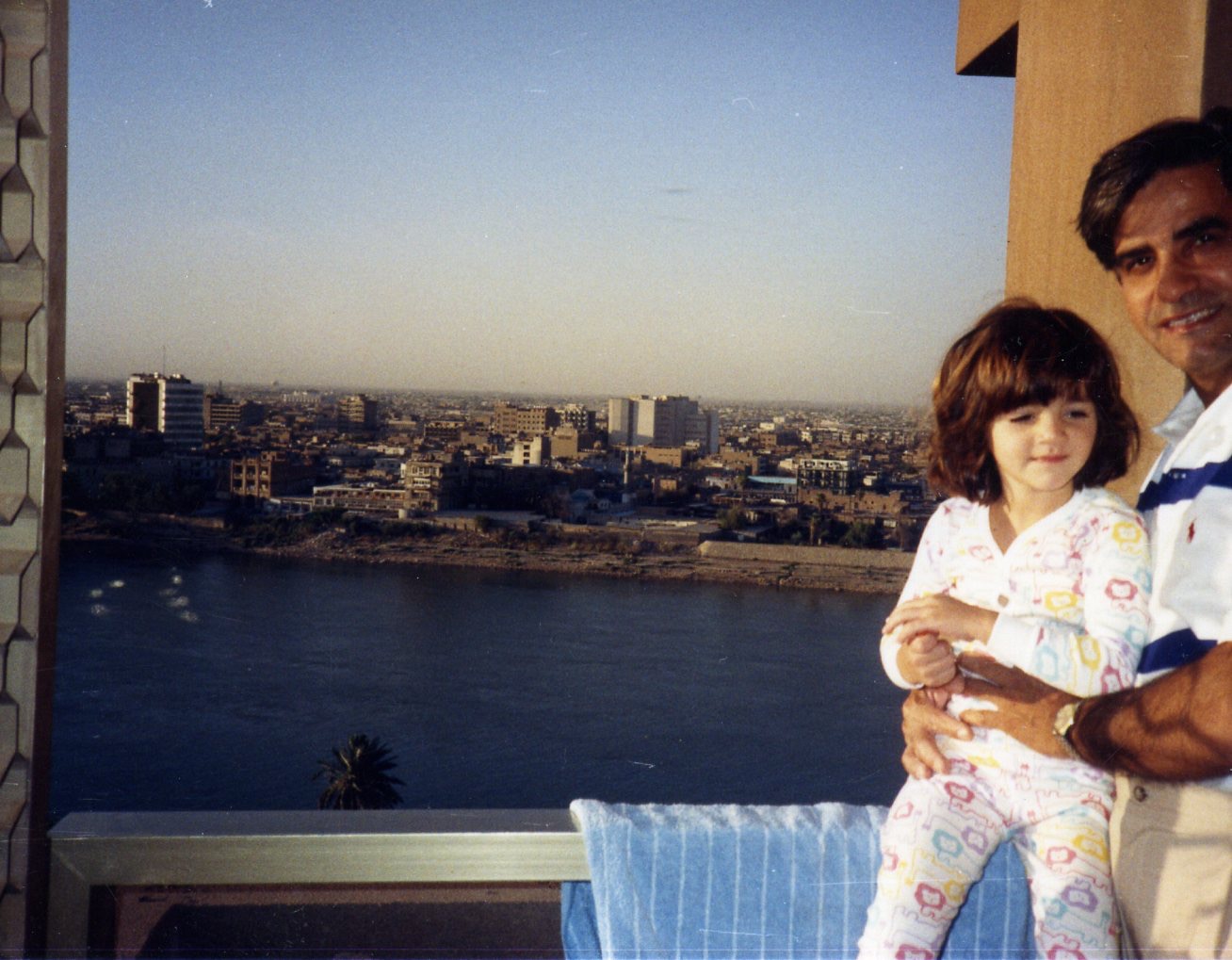
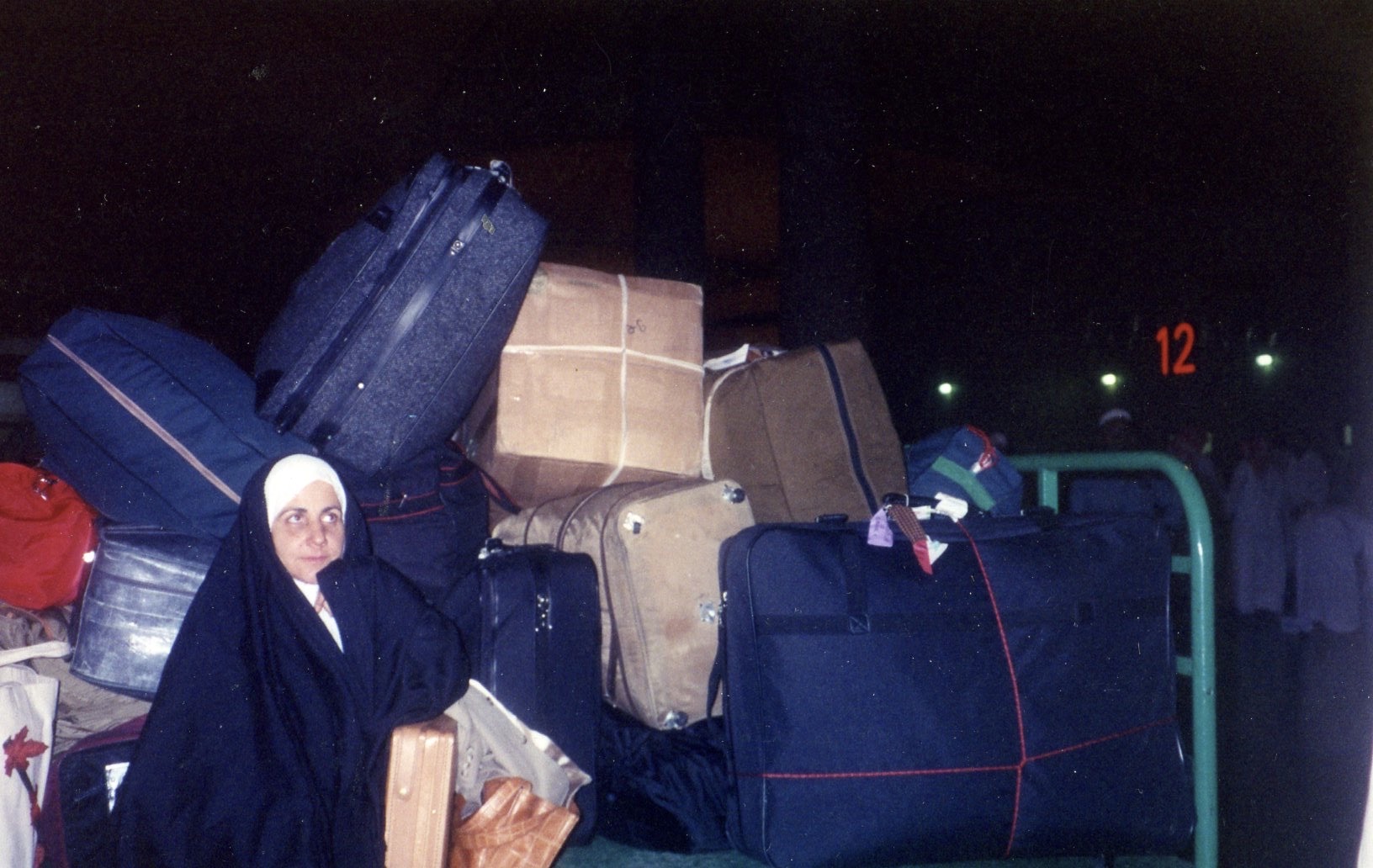
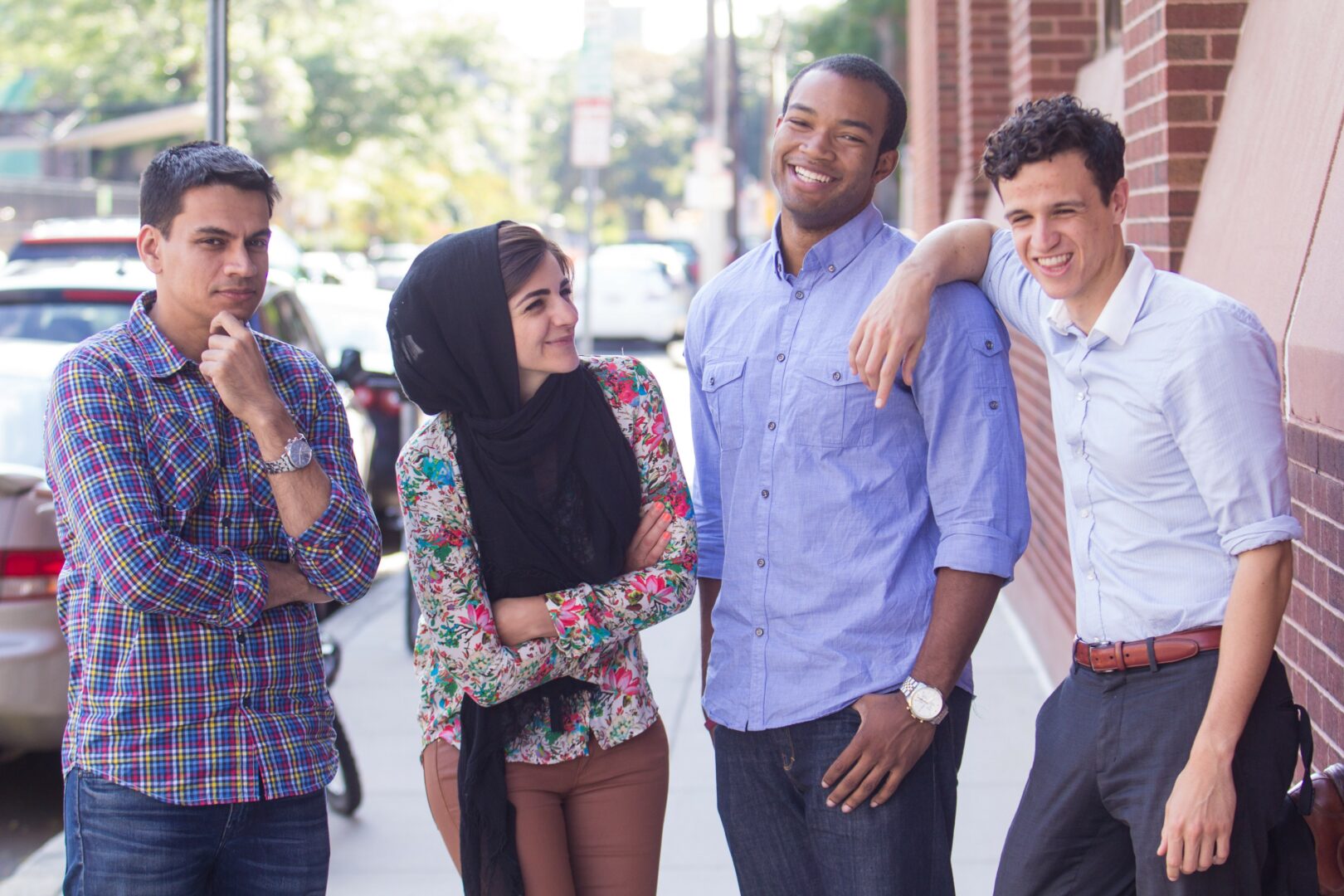
so if you or someone you know deserves recognition please let us know here.




